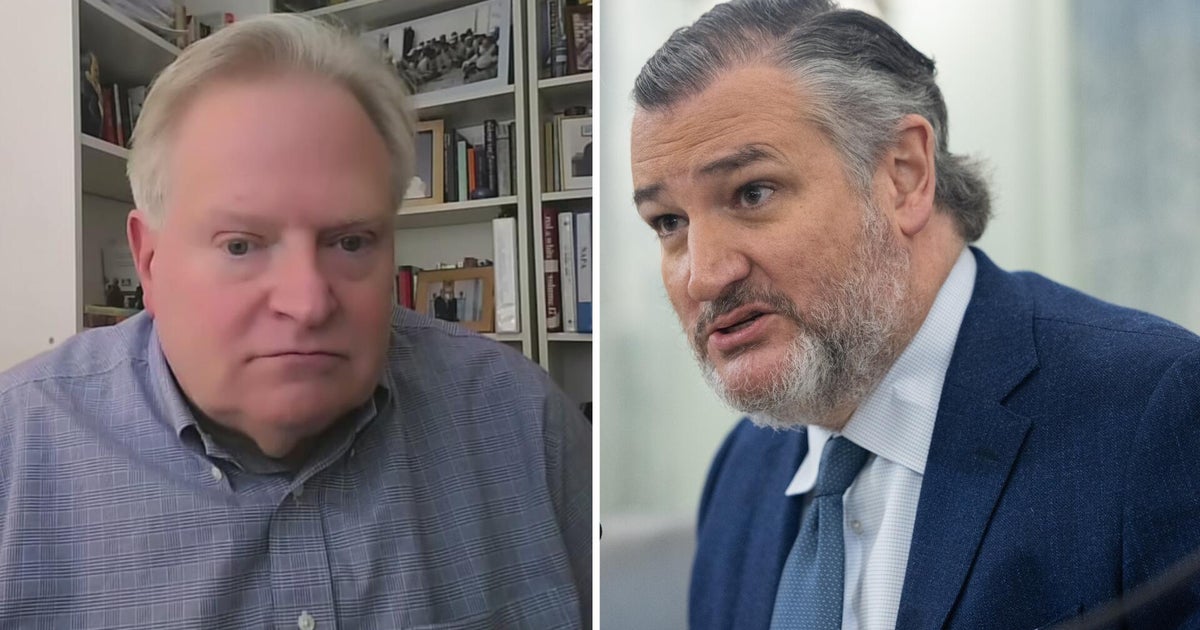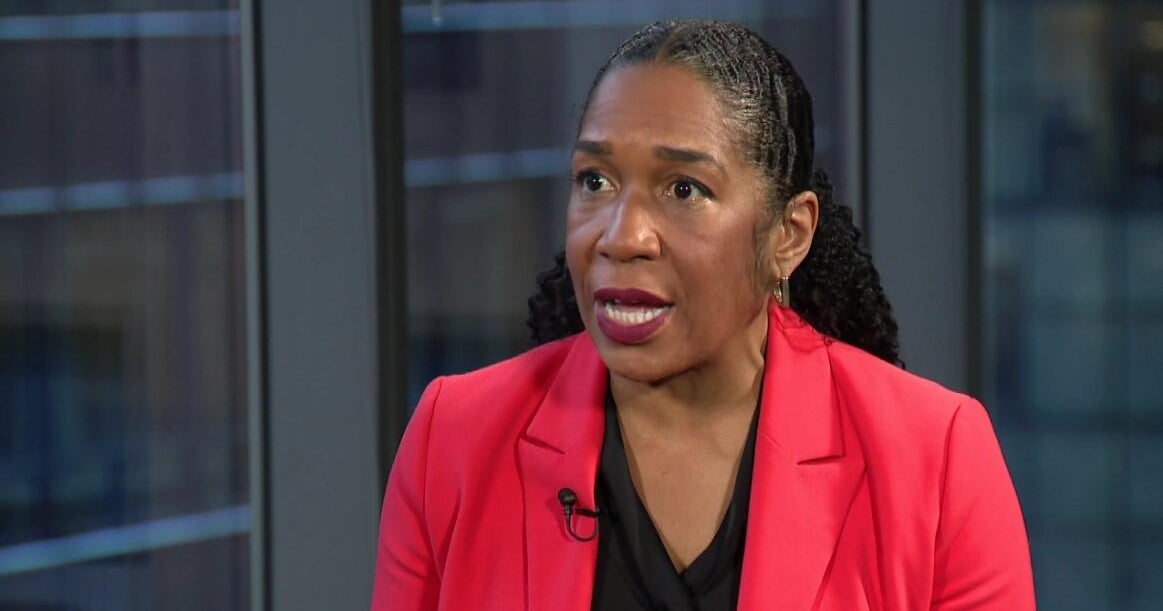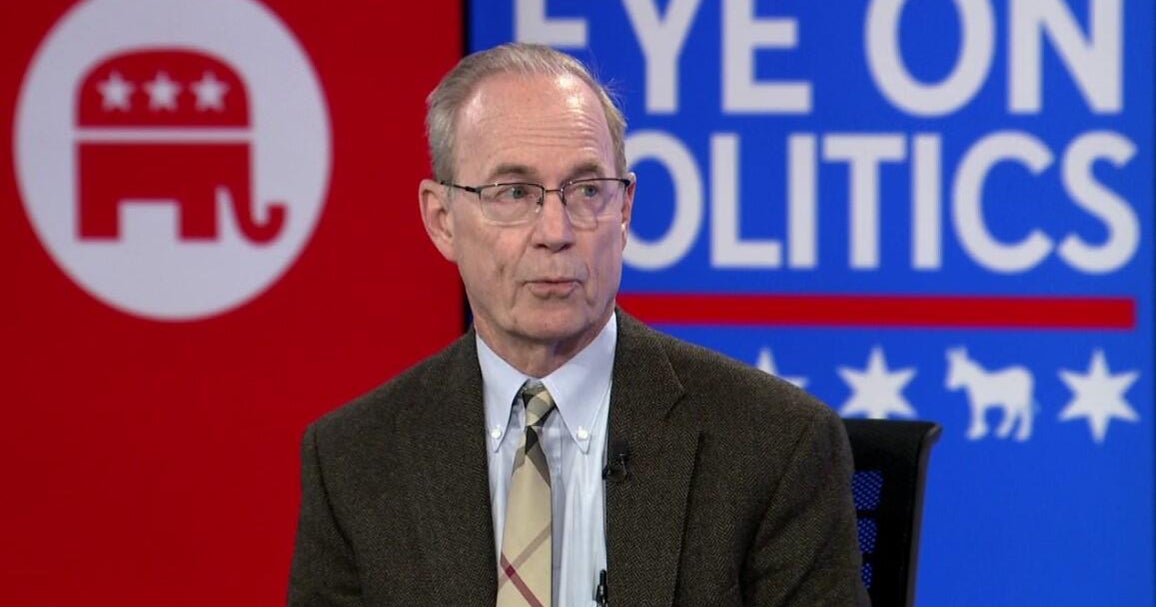Kamala Harris introduces plan to end gender pay gap
California Sen. Kamala Harris announced a plan Monday that aims to end the gender pay gap. The 2020 Democratic presidential candidate's plan would punish companies that do not pay men and women equally, a press release from her campaign said.
The inequality of pay between men and women -- which is more pronounced among minority women -- came up during her campaign event Sunday in California.
"When you lift up the economic status of women, you lift up the economic status of families and communities and all of society. But yet in America today, women for the same work – for the equal work on average make 80 cents on the dollar," Harris said. "Black women make 61 cents on the dollar. Latinas make 53 cents on the dollar and this has got to end."
If elected president, Harris would call for congressional legislation requiring corporations to receive an "Equal Pay Certification" from the Equal Employment Opportunity Commission (EEOC) within a certain timeframe. Companies that fail to receive the certification would be fined 1% of their profits for every 1% of the wage gap allowed to persist.
Harris' intent, the campaign's press release said, is to place the responsibility for equal pay on corporations, rather than on employees, who, under current equal-pay law, have to file lawsuits if they find they're not being compensated fairly.
Companies with over 100 employees would be given three years to comply before facing financial penalties, and those with over 500 employees would have two years to comply before facing fines. Over the next decade, Harris' campaign projects that $180 billion would be raised from the fines, which they think will taper off over time, as companies begin to come into compliance.
The corporate fines collected from those that fail to receive certification would be used to help fund paid family and medical leave. Harris would dedicate moneys raised to a proposal introduced by Sen. Kirsten Gillibrand and Rep. Rosa DeLauro, the Family Act, that if passed, would create an national insurance fund to help pay workers up to 12 weeks of paid family or medical leave.
Should Congress fail to pass her equal-pay proposal, Harris would use executive powers to force companies that apply for federal contracts to comply. She estimates some 28 million workers could be affected by executive action.
Federal contractors would be required to obtain the equal pay certification within two years of Harris' inauguration, or else they would be barred from competing for federal contracts worth over $500,000.
Republican National Committee press secretary Blair Ellis suggested Harris' plan would unduly punish U.S. companies, saying in a statement, "We don't need to strap new regulations, burdens, or fines on businesses to create opportunities for women, and President Trump's economic record is a testament to that." Ellis also said that women's wage growth has hit a 10-year high but did not directly address gender-based wage disparities.
In recent weeks, Harris has promised executive action on gun legislation proposals, including the most recent plan to ban AR-15 style imports.
Harris' campaign calls the proposal to end the gender pay gap, the latest "pillar" in her agenda to increase wages for working Americans. To this end, she has released a proposal that would provide a tax credit of up to $6,000 to working families – up to $500 a month. She also announced a teacher pay raise that would give the average teacher a $13,500 pay raise.



